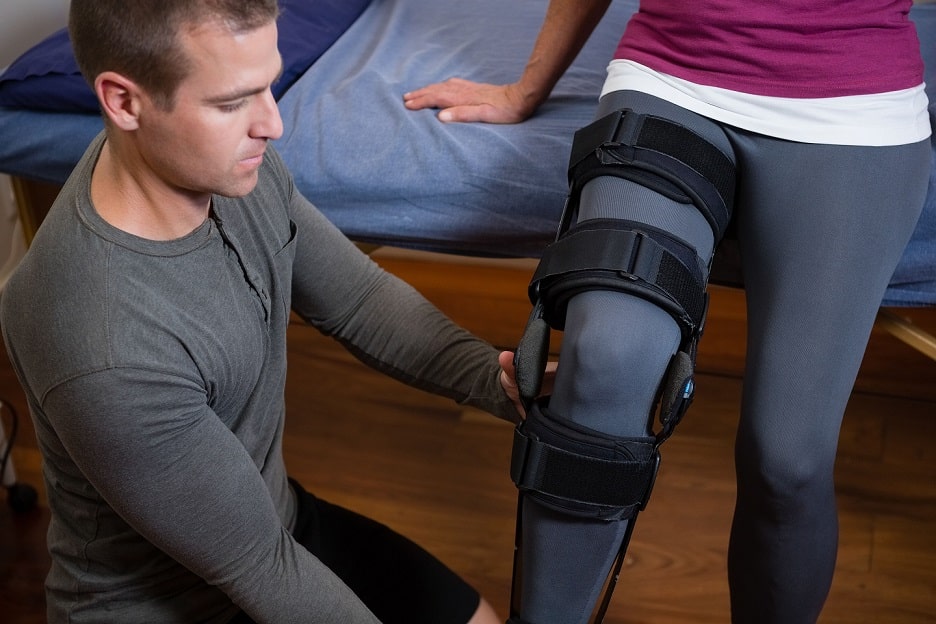You may have heard of the term “have you had an accident in the last three years?” or you may have sought legal advice only to be told that, because what happened to you occurred over three years ago, they cannot help you.
The reason for this is that there are rules in place as to how long after an event you can make a claim. So are there any ways of getting round these laws?
IMPORTANT NOTICE!
The information contained in this article is for very general guidance only and is not legal advice in relation to whether a specific case you are looking in to is within or outside of its relevant limitation period. Cases are assessed on their own merits and to find out if you are in our outside of time to claim, contact us as soon as you can. This article is for an insight only.
How the law works
Generally you do have three years from the date of an incident in which to make a claim in England and Wales for many types of accidents and cases. Children normally have three years from the date of their 18th birthday in the event their parents/guardians/carers do not initiate a case whilst they were a minor.
Trying to claim outside of the limitation period relevant for your circumstances means that the opponent may try to defend the claim by raising the limitation issue as a defence. Only in special circumstances may a court grant a claim to be pursued outside of the limitation period.
BUT – there are more obvious circumstances which may mean you are not outside of the limitation period to claim at all, and typically these actually arise in medical negligence cases.
There can be cases where you may potentially have a claim even if the initial incident or problem occurred many years ago. For example, you may have no idea that you have suffered negligence until many years after an event.
An easy example is this: what if you had an operation 20 years ago that went wrong, but you had no idea that something had been done wrong until 20 years later? Perhaps you have sought advice from your GP over the years and always been told it’s just a side effect or something else; only to be eventually told it was related to the initial operation.
In this scenario there is an argument to say that your date of knowledge that you had suffered negligence only materialised when you eventually found out what had gone wrong.
It could be the case that there is no way of knowing that something that had been done to you was negligent until the symptoms appeared, which may take many years.
Conditions like mesothelioma is a common (albeit not necessarily a medical negligence) example where symptoms can take decades to appear. What if you were injured but had no idea for several years later until the affects eventually became apparent?
So there are cases where you may genuinely have suffered medical negligence but unable to know that you were a victim of negligence until many years after an event. Many factors can directly affect whether you can apply this though – for example, if you could have identified at an earlier stage by seeking medical attention, but you chose not to, this could be held against you. If on the flip side you’ve been seeing doctors and consultants until you’re blue in the face, then how could you have known?
So generally speaking there are ways to show that you could not have had the opportunity to claim until a later stage. Sadly the argument of not knowing you could claim but knowing something had gone wrong isn’t usually one that can be made. We appreciate that many people may not consider that they could claim compensation for medical negligence, but this is not normally an argument for bringing a claim out of time.
Again, the above is for general guidance only, and you need to seek legal advice to know where you stand in terms of your limitation to claim.
For advice about your individual circumstances call 0800 634 7575 today.












